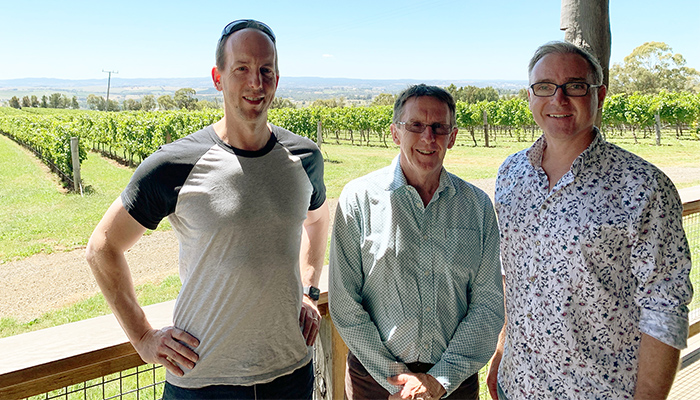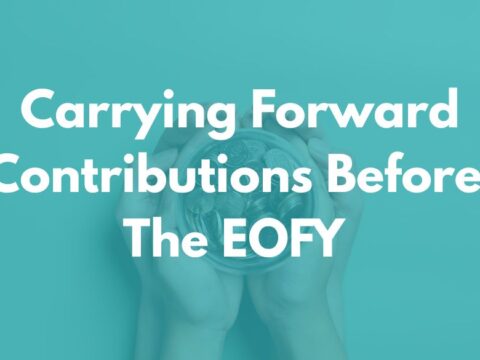Tips for farmers (or anyone) thinking about finance
By David Costigan, Senior Accountant at Allworths Chartered Accountants
Recently Mark Copsey, David Downie and I attended the annual ‘A Country Practice Accountants Conference’ in Orange. At the conference, I attended a session about applying for finance. While it was focused on farming clients, the key points are applicable to all clients who are seeking to raise finance.
An upshot of the banking royal commission has been the time it now takes for bank finance applications to flow through the system – with simple stock loans now taking up to three months!
That being said, to speed up the process and improve your chances of success, the following matters will assist:
- Having up-to-date cash flow budgets are a crucial tool used by banks to assist in applications. For many farming clients, the past two or three years of results may not paint a good picture (as a result of the drought). However, a realistic cash flow budget going forward several years will give the banks something to work on, which can assist greatly. Additionally, providing historical figures (prior to the drought) to support the cash flow budget should give them some comfort in the figures.
- It’s important for cash flows to be realistic, as banks do use standardised figures when reviewing. When calculating interest, keep in mind they will add a buffer of about 2% on current rates, so it’s a good idea to add this buffer to your interest estimates in cash flows.
- If you believe you receive higher yields and prices, it will assist if you are able to support these figures with averages from previous years.
- It’s important to point out extraordinary figures that may be embedded in the profit and loss, such as fodder expenses in recent years, or in the 2020-21 years, perhaps accelerated depreciation amounts which can have a big impact on profit results.
- It’s important not to record capital type items in the profit and loss, as they should be showing in the balance sheet where they will increase your net assets. We often find clients trying to sneak capital items into repairs and maintenance, however, it’s best they are recorded as capital purchases. We can then determine how best to treat them when preparing the financial statements.
- Banks will often assess your net assets based on the balance sheet in your financial statements. However, this is not always accurate as balance sheet items like livestock, and plant and equipment, will often be recorded at cost, and adjustments to their market value may result in a big increase to the real net asset figure. Any property showing on the balance sheet may also be recorded at cost, which could be overlooked.
- It’s also important that the current and non-current components of liabilities in the balance sheet are recorded correctly. For example, providing loan statements will assist us in correctly recording loans.
Note: If you are anticipating applying for finance, it’s important you advise us so we can take this into account in our tax planning advice. It may be better to pay a little extra tax in the current year to help ensure the success of a future application for finance.
We often only get involved with finance applications when the banks contact us requesting documents. However, in the current climate, putting together a comprehensive proposal may be crucial to the success of your application – which is something we can certainly assist with. We do find that many clients do not usually prepare cash flow statements, which are an important management tool and of great assistance when it comes to the banks annual review of your loans. Let us know if we can help you with that, whether or not you are applying for finance at the moment.
Any questions? Speak to your contact at Allworths or David Costigan directly at: DCostigan@allworths.com.au
Important Notice
The content of this post is general in nature. Any general advice has been prepared by Allworths without reference to your objectives, financial situation or needs.




